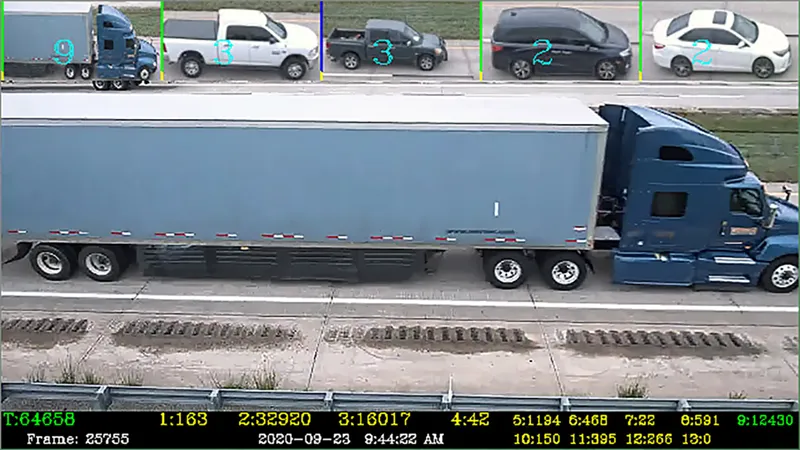Under the contract IRD will provide a web-based real time traffic information ASP (Application Service Provider) service to HDOT whereby IRD will collect and host the data and provide the HDOT proprietary and secure access to the information over the Internet. IRD’s standard FHWA Traffic Monitoring Guide (TMG) and custom report generation capabilities are provided as a key component of the Company’s ASP model.
Hawaii Traffic data collection award for IRD
International Road Dynamics (IRD) has been awarded a contract, valued at over US$1.4 million, by the Hawaii Department of Transportation (HDOT) to provide Enhanced Vehicle Classification (EVC) data collection.
February 1, 2012
Read time: 1 min










